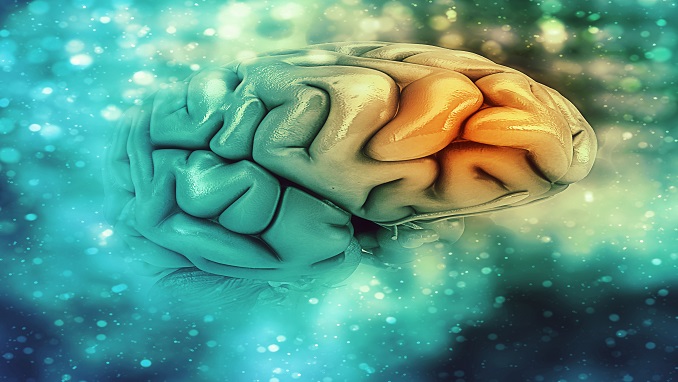The “brain fog” that sometimes follows a COVID-19 infection has similarities with “chemo brain,” which can affect people undergoing chemotherapy, as well as other similar conditions, suggesting both a cause and the possibility of developing a treatment for the post-COVID cognitive problems, researchers have reported.
“Survivors of Severe Acute Respiratory Syndrome Coronavirus-2 (SARS-CoV-2) infection frequently experience lingering neurological symptoms, including impairment in attention, concentration, speed of information processing and memory. This long-COVID cognitive syndrome shares many features with the syndrome of cancer therapy-related cognitive impairment (CRCI). Neuroinflammation, particularly microglial reactivity and consequent dysregulation of hippocampal neurogenesis and oligodendrocyte lineage cells, is central to CRCI,” according to a preprint of a study by Stanford University neuro-oncologist Michelle Monje, Yale virologist Akiko Iwasaki, Mount Sinai Health System’s David Putrino, and others.
Based on mouse experiments and autopsy analysis, their study’s findings “elucidate cellular deficits that may contribute to lasting neurological symptoms following even mild SARS-CoV-2 infection.”
According to a recent study published by a group of German researchers: “Specific chronic cognitive changes following COVID-19 are evident on objective testing even amongst those who do not report a greater symptom burden. Importantly, in the sample tested here, these were not significantly different from normal after 6–9 months, demonstrating evidence of recovery over time.”
Potential for finding a treatment
The Washington Post said that Monje’s work is part of a growing body of research that “suggests similarities in the mechanisms of post-COVID cognitive changes and other long-studied brain conditions, including Alzheimer’s, chronic fatigue and post-viral syndromes following infections with influenza, Epstein-Barr, HIV or Ebola.
According to NIH’s intramural clinical director of neurological disorders and stroke unit Avindra Nath, “there is humongous overlap between long COVID and these other conditions,” The Washington Post said.
Columbia University professor Andrew Marks was surprised that autopsies of the brains of people who died from COVID-19 showed a molecular change typically seen in Alzheimer’s patients: high levels of something known as phosphorylated tau “which can lead to what is called tangles in the brain—a disruption in the normal architecture,” The Washington Post reported. “Another team of researchers from Harvard and Johns Hopkins University School of Medicine have highlighted how both in COVID-19 and chronic fatigue syndrome, too many oxygen molecules pile up in a cell—possibly resulting in inflammation that leads to cognitive issues.”
Nath’s group is starting a trial with 40 patients who have suffered with long-COVID, “who will receive intravenous immune globulin (IVIG), which is made up of antibodies that help fight infections, or corticosteroids, which reduce inflammation, to see whether their cognitive functioning improves. These treatments have been used in patients with chronic fatigue with mixed success,” The Washington Post reported.
The hope is that relying on research to treat similar brain conditions that have been studied for much longer than COVID-19 will suggest treatments for long-COVID symptoms.
And finding treatments may be important: Studies show that up to 32% of patients who recover from COVID-19 experience brain fog as part of their experience of long COVID.




